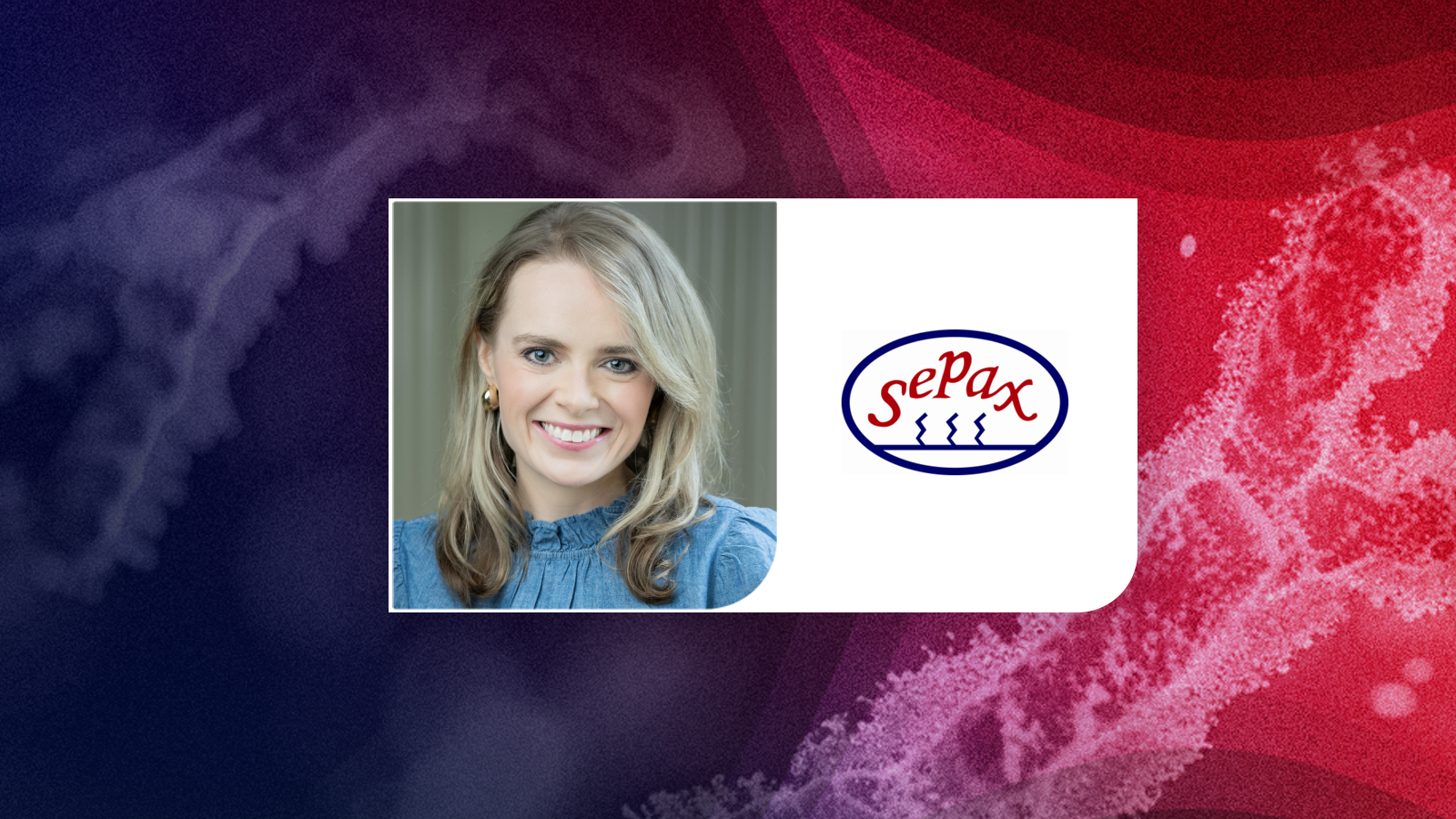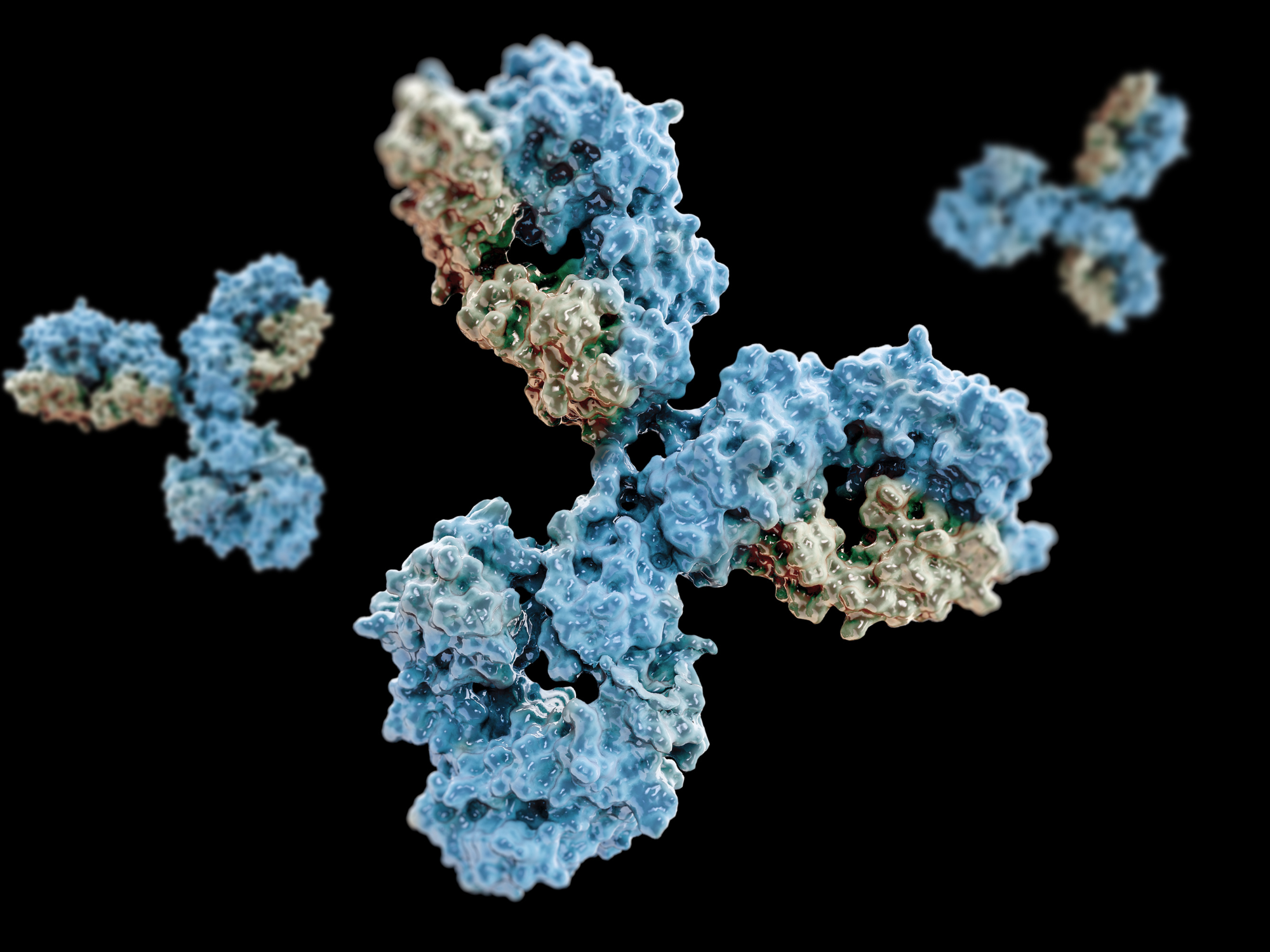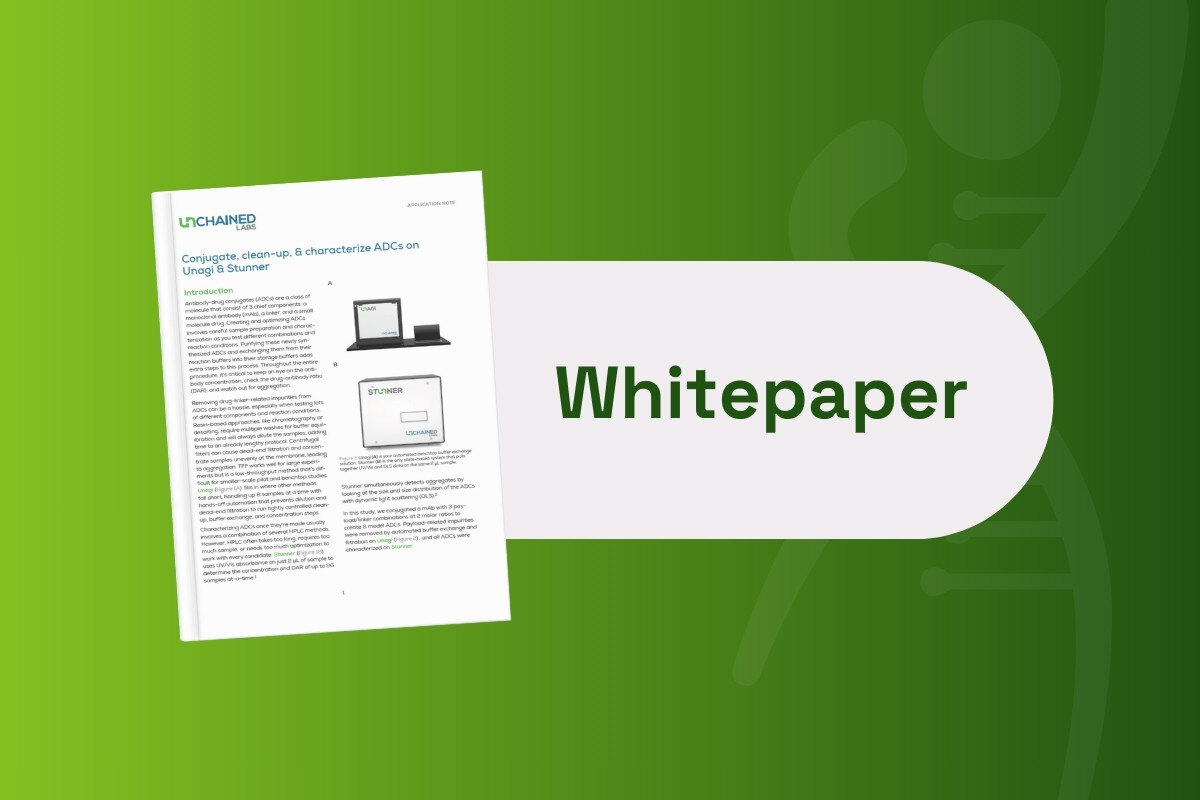What’s Next for Antibody-Based Therapeutic Discovery and Optimisation?

Antibody-drug products are a dominant biopharmaceutical with steady market demand. The global worth of antibodies in 2022 was valued at 145.7 billion USD and is projected to surpass 248.9 billion USD by the end of 2027, at a CAGR of 11.31%. Prominent industry players are Novartis, Pfizer, Eli Lilly, A.G. Scientific, Bristol-Myers Squibb, AbbVie, and F. Hoffman-La Roche.
Key market drivers include the growing interest in alternative therapeutics such as monoclonal and polyclonal antibodies and the widespread outbreak of infectious diseases requiring protein treatments. In particular, the 2020 outbreak of COVID-19 intensified investigation into the genetic dynamics of transmissible mutation and modification.
The increasing prevalence of chronic illnesses such as cancer, diabetes, and autoimmune diseases likewise drives antibody therapeutic sales, encouraging continuous and essential research and development. Investments in antibody manufacturing have sparked significant interest in the burgeoning field.
Current antibody targets often come with complex mechanisms that can be difficult to suppress or augment, requiring a bespoke approach to discovery.
This article explores some of the latest developments in antibody-based molecular discovery, engineering, and optimisation. We profile one of the most exciting case studies divulged by the CRUK-AstraZeneca Antibody Alliance Laboratory* at our most recent Biologics UK: In-Person event on 21st and 22nd March 2022.
Overcoming Challenges in Novel Antibody Discovery:
Despite its market dominance, growth deterrents to antibody therapeutic discovery prevail. Antibody discovery technologies are well established, with an abundance of sophisticated display platforms and cutting-edge antibody libraries available across the industry. However, as Denice Chan, Senior Scientist at the Cancer Research UK - AstraZeneca Antibody Alliance Laboratory, puts it, “with such extensive choice, we must accurately mix and match these methodologies.” Therefore, appropriate application selection is vital.
A larger difficulty lies in the increasingly large and diverse range of target classes within the field. Current antibody targets often come with complex mechanisms that can be difficult to suppress or augment, requiring a bespoke approach to discovery. What works for one target might not work for another. This means that the antibody discovery strategy must be tailored to each project’s requirements. Personalised discovery approaches can be labour-intensive, time-consuming, and expensive.
- Could Targetting Complex Membrane Proteins be an Understudied Opportunity in Antibody Engineering?
- Discover More About Optimising Receptor Trafficking with Bispecific Antibody-Drug Conjugates
- Advancing Antibody Binding with T Cell Engagement and Redirection
Finally, there is the challenge of discovering new targets. “As we know, the lower hanging fruits of the industry are rapidly being picked,” Chan explained. Looking ahead, appropriate target validation and disease positioning must become a priority. Phenotypic and genomic approaches provide ample opportunity for target discovery, but as Chan puts it: “most importantly, we need to be driven from a disease biology mindset right from the start of a project.”
It is important to apply such techniques at the start of a project because it both strengthens the positioning of the therapeutic candidate and provides information on how best to shape the discovery campaign and programmes. Early target validation and disease positioning add significant value to later antibody development.
Industry Case-Study:
So how is the industry addressing the continued need for next-generation antibody discovery and development? The CRUK-AstraZeneca Antibody Alliance Laboratory are making impactful strives in the tailored discovery of antibodies for a diverse range of targets.
Tailoring Discovery – CRUK-AstraZeneca Antibody Alliance Laboratory:
The Cancer Research UK-AstraZeneca Antibody Alliance Laboratory (AAL) collaborate with academic researchers on novel antibody discovery projects to accelerate the delivery of therapies and diagnostics for cancer patients. As a unique alliance, the AAL has access to world-class antibody technologies and targets.
The combined expertise of the AAL concentrates on the discovery and optimisation of novel cancer medicines, antibody diagnostics, and tool antibody reagents. With a diverse portfolio of 9 projects spanning across therapeutic, diagnostic, and target validation areas, the initiative likewise possesses a diverse set of target classes.
One such target is the Arginase 2 project (ARG2), which is a collaboration between the Cerundolo group at the University of Oxford and the AAL. ARG2 is a homotrimeric enzyme that catalyses the conversion of arginine to ornithine and urea. So far, the collaboration has demonstrated an immunosuppressive role for ARG2 in acute myeloid leukaemia (AML). According to Chan, “this presents a therapeutic opportunity for ARG2 suppressing antibodies to restore anti-tumoral immunity to AML patients.”
"Adapting to the needs of the targets is the key to the successful generation of these antibody therapeutics"
The AAL adopts a bespoke approach for the discovery of novel antibodies for the diverse range of targets in their portfolio. To mitigate the challenges that came with the difficult enzyme target ARG2, the lab employed early functional screening in masses and a highly comprehensive affinity maturation strategy. “If there is one thing that we learnt from this project, it is that we need to listen to the targets, because adapting to the needs of the targets is the key to the successful generation of these antibody therapeutics,” she continued.
Impactful Change:
As the antibody industry reaches new heights, both in terms of next-generation development and market dominance, we can expect to see continued growth and product output. The oncology industry, in particular, is expected to benefit from the latest discoveries and pipelines in antibody-based therapies. The market for autoimmune disease treatment is likewise forecast to reap the rewards of sustained demand for the antibody field. At Oxford Global we look forward to seeing such results.
*renamed the Cancer Research Horizons-AstraZeneca Antibody Alliance Laboratory
Want to find out more about the latest market news and industry insights? Join our Oligonucleotide Chemistry & Therapeutics Symposium and discover the latest in oligonucleotides chemistry, process and analytical development, therapeutics, and antisense therapy.









